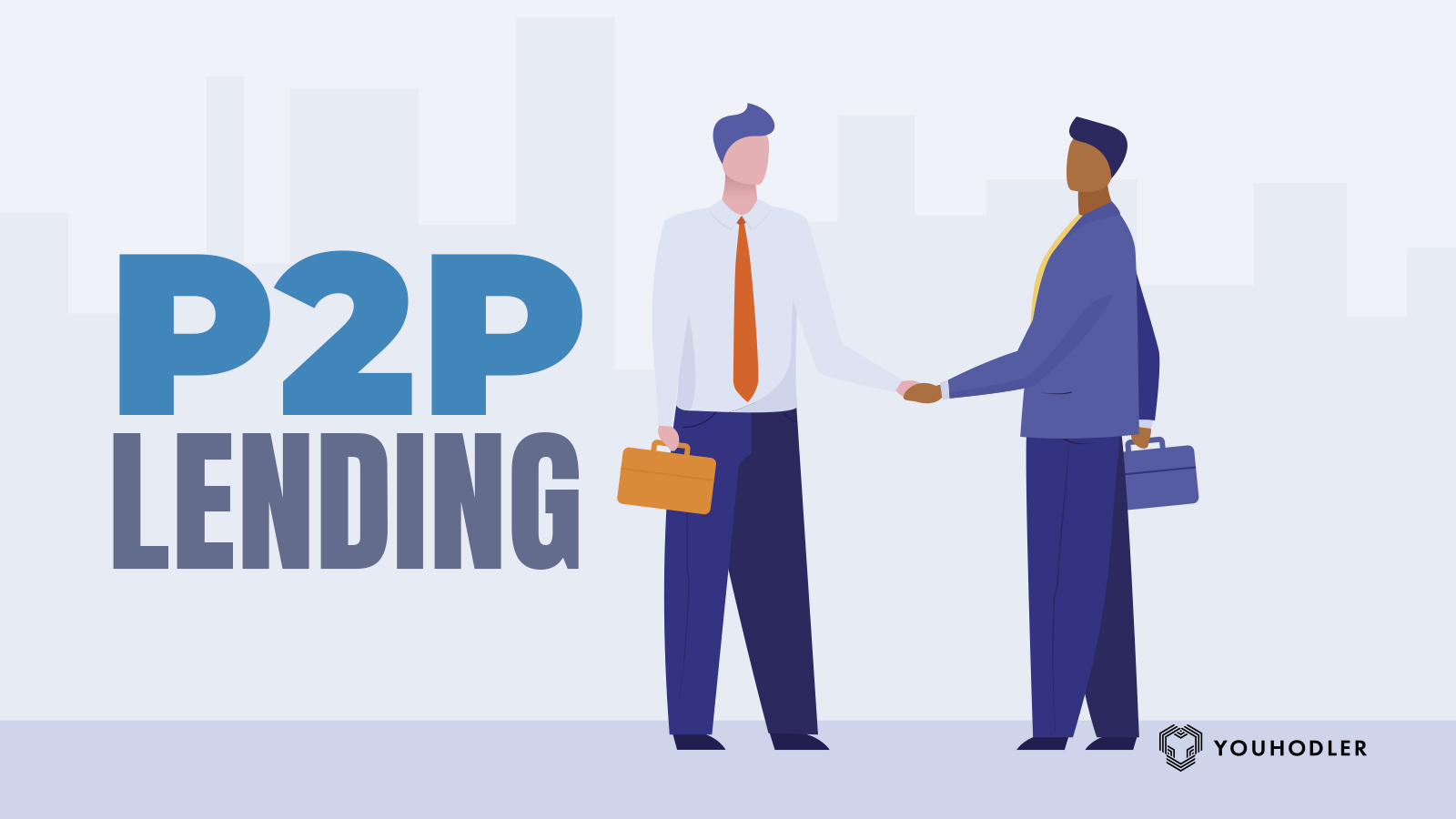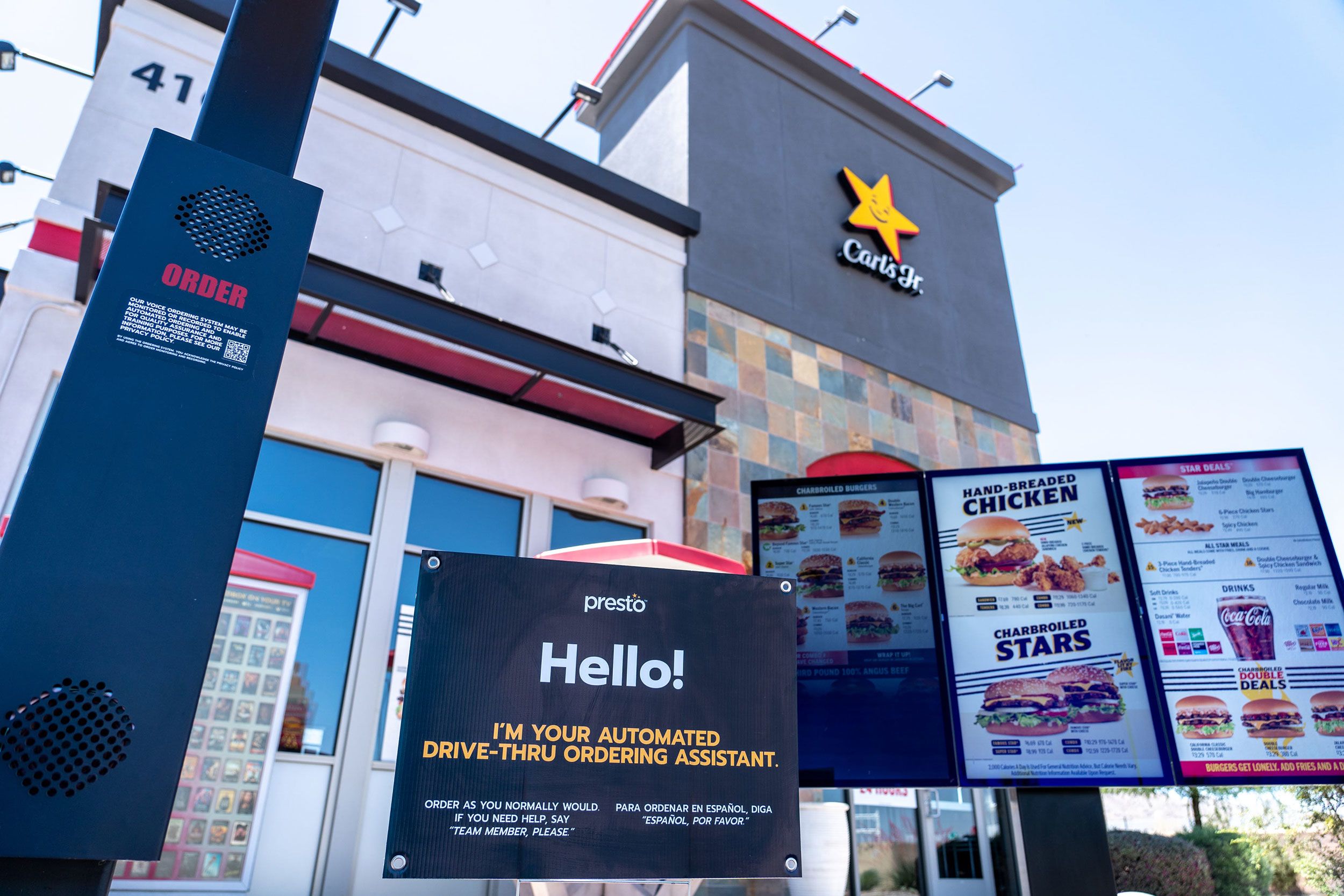Peer-to-peer lending (P2P lending) is a type of online lending where individuals lend money directly to other individuals or businesses. It bypasses traditional financial institutions, offering a more accessible and potentially more affordable way to borrow and lend money.
How Peer-to-Peer Lending Works
- Lenders: Individuals or businesses who lend money to borrowers through a P2P lending platform.
- Borrowers: Individuals or businesses who seek loans from lenders through a P2P lending platform.
- Platform: A P2P lending platform connects lenders and borrowers, facilitates the loan process, and collects fees.
Benefits of Peer-to-Peer Lending
- Lower Interest Rates: Borrowers may find lower interest rates on P2P loans compared to traditional bank loans.
- Faster Approval: P2P lending platforms often have faster approval processes than banks.
- Increased Access: P2P lending can provide access to credit for individuals and businesses that may not qualify for traditional loans.
- Higher Returns: Lenders can potentially earn higher returns on their investments compared to traditional savings accounts.
Risks of Peer-to-Peer Lending
- Default Risk: There is a risk that borrowers may default on their loans.
- Lack of Regulation: P2P lending is not as heavily regulated as traditional banking, which may increase the risk for investors.
- Platform Risk: The platform itself may face financial difficulties or legal issues.
Popular P2P Lending Platforms
- Prosper: A popular P2P lending platform in the United States.
- LendingClub: Another well-known P2P lending platform.
- RateSetter: A UK-based P2P lending platform.
- Zopa: A P2P lending platform based in the United Kingdom.
Peer-to-peer lending offers a unique way to borrow and lend money. However, it’s important to understand the risks and benefits before participating.














Leave a Reply